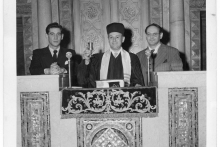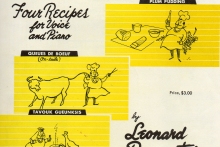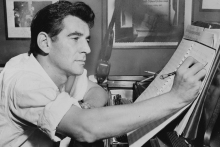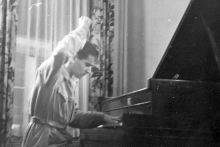Hashkiveinu is the result of a commissioning project from 1943 to 1976 by Cantor Dr. David Putterman for a series of contemporary music at Park Avenue Synagogue in New York City. The work uses the prayer text from the Jewish Sabbath evening service and is sung in Hebrew, and the transliterated sco…
Works
-
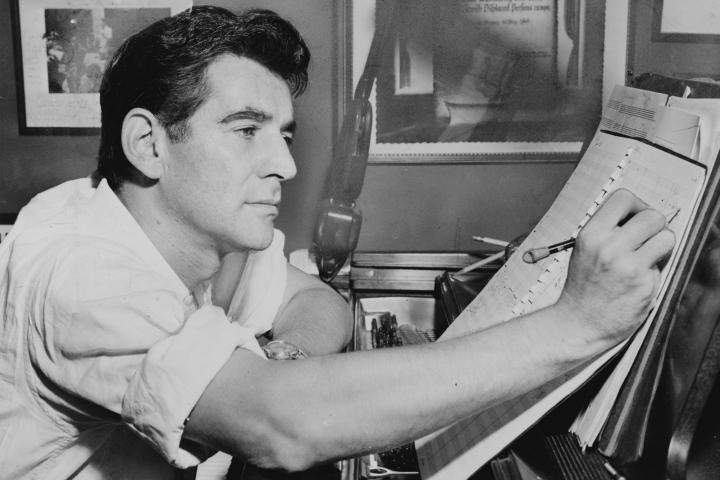 "Few composers capture their time and become the iconic voice of their age. Leonard Bernstein found his "voice" in the early 1940s and projected the sound of urban and urbane America from the period of World War II to the anti-war movements of the 1970s and the restoration of freedom in Europe, with the fall of the Berlin Wall and Soviet communism."
"Few composers capture their time and become the iconic voice of their age. Leonard Bernstein found his "voice" in the early 1940s and projected the sound of urban and urbane America from the period of World War II to the anti-war movements of the 1970s and the restoration of freedom in Europe, with the fall of the Berlin Wall and Soviet communism."
-Conductor John Mauceri
(Photo by Al Ravenna, 1955; via Wikimedia Commons)
Questions about programming, performing, and licensing?
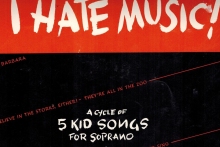
I Hate Music!: A Cycle of Five Kid Songs is dedicated to Edys Merril, a friend of Bernstein's, as well as an artist and his flatmate in the 1940s. Apparently, when fed up with hearing Bernstein constantly coaching singers and playing piano, she often uttered the title phrase. The cycle was prem…

Jazzy, romantic, edgy, elegant and lyrical, this two-person musical revue explores Leonard Bernstein’s passionate relationship with New York City.
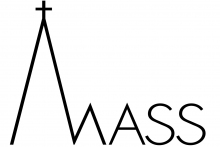
The eclecticism of MASS's music reflects the multifaceted nature of Bernstein's career, with blues, rock, gospel, folk, Broadway and jazz idioms appearing side by side with 12-tone serialism, symphonic marches, solemn hymns, Middle Eastern dances, orchestral meditations, and lush chorales, all un…
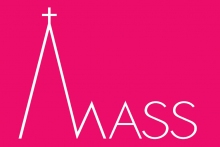
Premiered by Rostropovich at the Kennedy Center in D.C. in 1977, the Three Meditations from MASS for cello and orchestra are derived from Bernstein's stage production which encompasses everything from humble introspection to ceremonial dance.
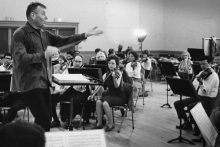
Dedicated to longtime friend and colleague, Robert Shaw, Bernstein's Missa Brevis is the last full choral work that he composed, based on choruses from music previously written for the play "The Lark" in 1955.
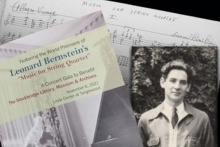
Leonard Bernstein's Music for String Quartet had its premiere performance on November 6, 2021, at Tanglewood's Linde Center, at a gala concert benefit for The Stockbridge Library, Museum & Archives.
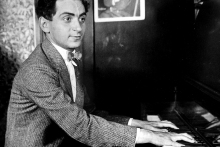
Composed in honor of Irving Berlin's 100th Birthday, Bernstein mixes a twelve-tone row with a distorted version of two Berlin songs "My Russian Lullaby" - remembered nostalgically from LB's youth - and "Always".
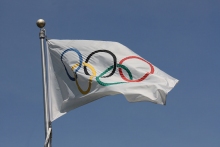
Bernstein wrote the Olympic Hymn, with text by Günter Kunert, for the 1981 International Olympic Congress in Baden-Baden. This was a significant meeting of the Congress because the boycotted Moscow games were only a year prior, and the Los Angeles games were only a few years away. It seemed as th…
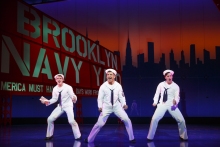
On the Town has been a classic since its original Broadway run in 1944, the show highlights the fleeting encounters and visceral energy of youth as three young sailors find love and excitement while on leave in New York City during one 24-hour period.
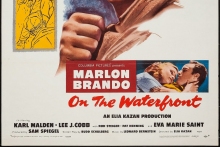
Leonard Bernstein's score for the Academy Award-winning On The Waterfront debuted when the film opened in New York City on July 28, 1954. His score for the film received wide popular and critical acclaim, and On The Waterfront won 8 Academy Awards, including Best Picture, Best Leading Actor (Marlo…
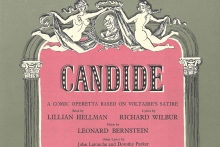
Candide (1956) is operetta in the vein of Offenbach and Gilbert and Sullivan, with all the wit, élan, and sophistication that is associated with that genre, and it is immediately apparent in the Overture—in sonata form, no less.
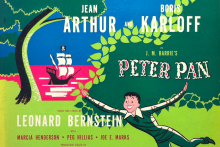
Having only been commissioned to write dance and mood music to accompany a play, Bernstein could not hold back from writing a few numbers and choruses. Peter Pan ended up a success, with the New York Times commenting on its "melodic, colorful and dramatic score that is not afraid to be simple in s…
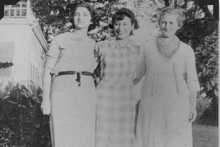
Bernstein composed his Piano Trio for piano, violin, and cello in 1937, while he was attending Harvard University.
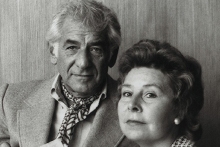
Written on the occasion of Karl Boehm's eighty-fifth birthday: "with affection from his admiring colleague," and completed in Munich, 25 August 1979, Bernstein's birthday. The nonsense words imply Hassidic vocalizations.
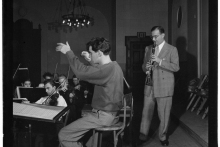
Originally written for Woody Hermann, this triptych for solo clarinet and jazz ensemble was dedicated to Benny Goodman and first performed by Al Gallodoro in 1955. The score reflects Bernstein's unique ability to embrace a style and make it his own. The three movements all share the exuberance and…
